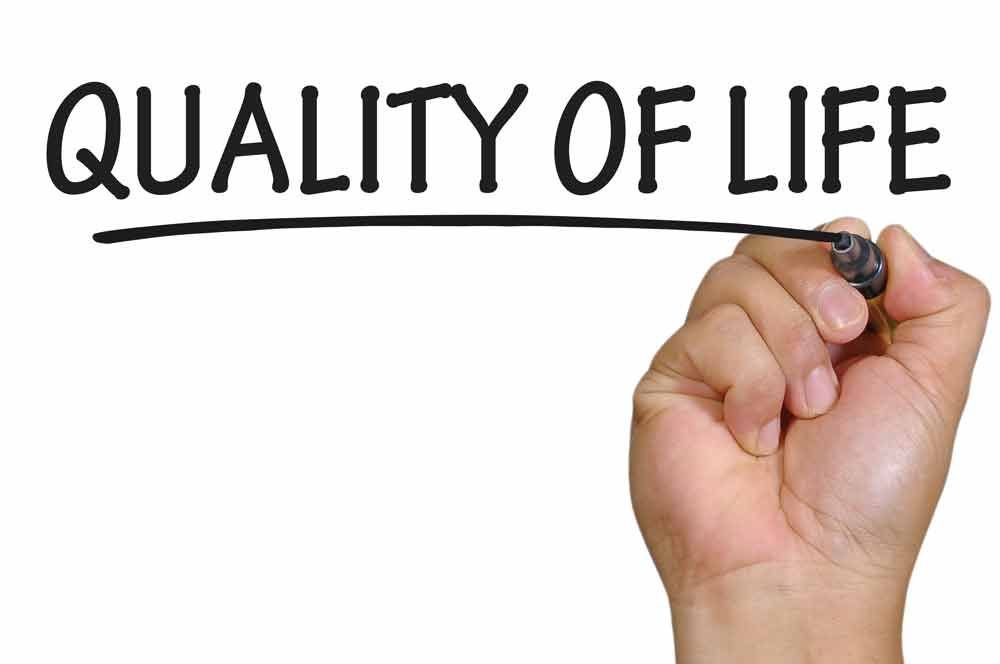Struggling with addiction is a significant hindrance for many students seeking to complete their degrees. The journey toward sobriety requires immense willpower, support, and resources, particularly when the goal is to also excel academically. For those battling substance abuse, the dream of academic achievement does not need to be cast aside. In this article, we’ll discuss the importance of understanding addiction’s impact, leveraging professional support, and implementing effective strategies to maintain sobriety while pursuing higher education.
The Role of Professional Support in Addiction Recovery
Professional support is crucial for overcoming addiction, offering tailored assistance from licensed therapists and addiction counselors. Programs like the day treatment program in Southborough, MA, provide intensive care while accommodating educational commitments. These resources address underlying mental health issues and foster a balanced lifestyle to prevent relapse and support academic success.
For students battling addiction, consistent engagement with professionals who understand their needs is invaluable. Access to such support fosters coping strategies and resilience against academic pressures, reducing the risk of relapse. Peer support groups and sober living communities complement professional care, nurturing a supportive environment for recovery and learning.
Understanding Addiction and Its Impact on Academic Pursuits
Addiction poses significant challenges for students, impacting their ability to focus, learn, and cope with academic pressures. Substance use often leads to missed classes and assignments, hindering the educational process. Addiction can impair cognitive functions crucial for learning and memory.
Socially, addiction can isolate students from peers and support systems, worsening stress, anxiety, and depression. This cycle of abuse can further harm academic performance. Recognizing addiction signs is crucial for reclaiming educational goals.
Fortunately, many educational institutions now offer support services, including counseling and rehabilitation programs. Some provide academic accommodations for students in recovery, acknowledging the need for flexibility in managing both recovery and academic responsibilities. These resources can greatly assist students in maintaining sobriety while pursuing academic success.
Strategies for Balancing Sobriety and Study Habits
Creating balance between sobriety and academics requires structured routines, time management, and integration of recovery principles into study habits. Prioritizing tasks and avoiding procrastination are key to minimizing stress and preventing relapse.
Forming study groups with other sober students provides support and accountability, reducing isolation and keeping focus on academic and recovery goals. Healthy lifestyle choices like exercise, nutrition, and sleep improve concentration and overall well-being, especially during intense study periods.
Self-care strategies, including seeking help when needed from professors or counselors, are crucial for maintaining this delicate balance. Recognizing one’s strengths and limitations and asking for support when necessary is essential for academic and recovery success.
Financial and Social Resources Available to Student Recovering Addicts
Recovery from addiction need not be financially burdensome for students, thanks to scholarships, grants, and financial aid tailored to their needs. These resources ease the strain of educational expenses, allowing students to focus on their recovery and studies without financial worry.
Social support is crucial, with on-campus recovery groups and sober living housing providing safe spaces for sharing experiences and fostering camaraderie. These communities offer understanding and motivation, aiding students on their recovery journey.
Educational institutions recognize the importance of comprehensive support services. Many now offer dedicated staff and resources to assist students in balancing academic and recovery needs effectively.
Returning to school after recovery can be facilitated by flexible learning options like the UC Online Associate’s in Accounting. These programs provide a sense of normalcy and progression, supporting long-term recovery efforts.
Real Stories of Overcoming Addiction While Completing a Degree
Personal accounts of individuals battling addiction while pursuing their degrees offer profound insights into the power of determination and support. These stories underscore the crucial role of supportive academic communities and effective recovery programs in their success. Despite facing challenges, many overcome addiction to excel in their fields, using their experiences to inspire others.
Examples include students navigating demanding STEM programs while maintaining sobriety, or completing their thesis amidst therapy sessions. These challenges not only shape their educational journey but also influence their academic contributions and career paths.
Their testimonies serve as a guide for current students facing similar struggles, offering practical strategies and instilling hope. By sharing their success stories, these survivors contribute to a reservoir of inspiration and advice for others on their recovery journey.
These narratives validate the resilience of the human spirit, demonstrating that recovery and academic achievement can coexist harmoniously with the right support and approach.
Altogether, navigating the journey to sobriety as a graduating student is challenging but supported by resources and systems aiming for success. The convergence of academic goals and the pursuit of sobriety can result in significant personal growth, showcasing that overcoming addiction while earning a degree is achievable with perseverance and assistance.



